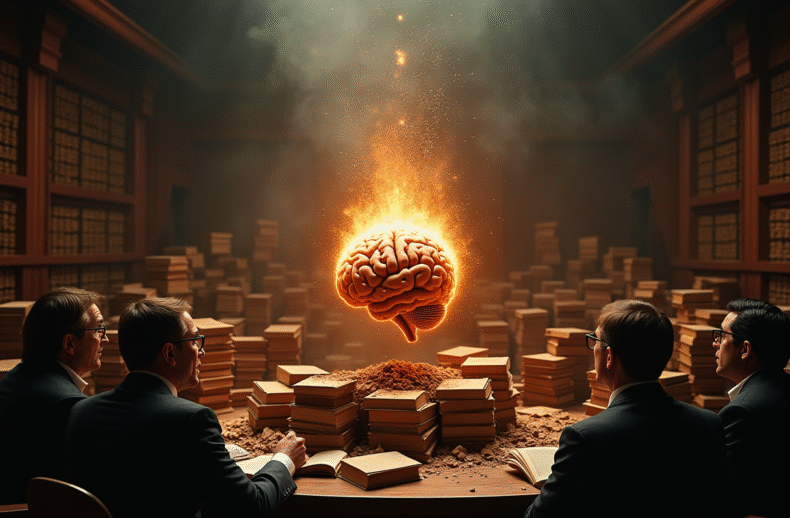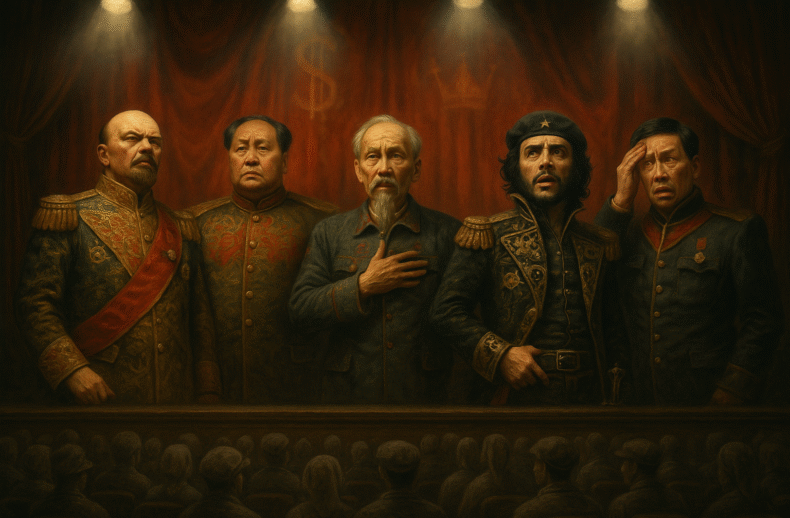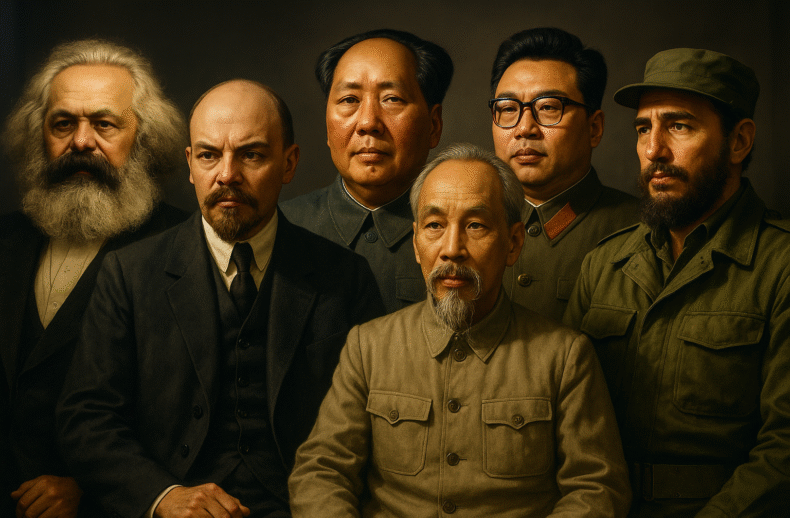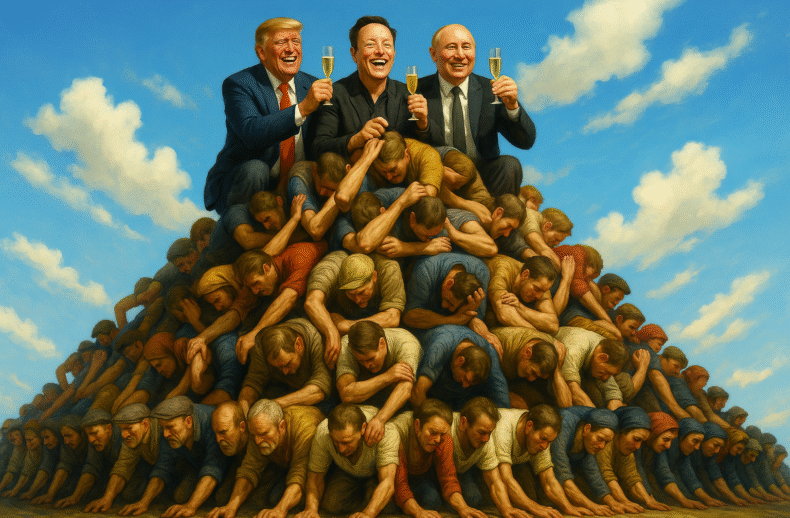For centuries, Classical, Keynesian, and Marxist economists have tried to explain human behavior in markets, yet all missed the true engine of economics: the Demand for Recognition (DfR). Classical theory reduced motivation to “self-interest,” Keynes focused on stabilizing demand, and Marx blamed class ownership. But each remained blind to the fact that recognition — not money, not survival — is the endless scarcity driving consumption, production, growth, and crisis. Eidoism reframes economics as the study of recognition flows, revealing why bubbles form, why inequality persists, and why no system achieves equilibrium. Without Eidoism, economics is a science of surfaces; with it, it becomes a human science that can finally address the root of instability.





